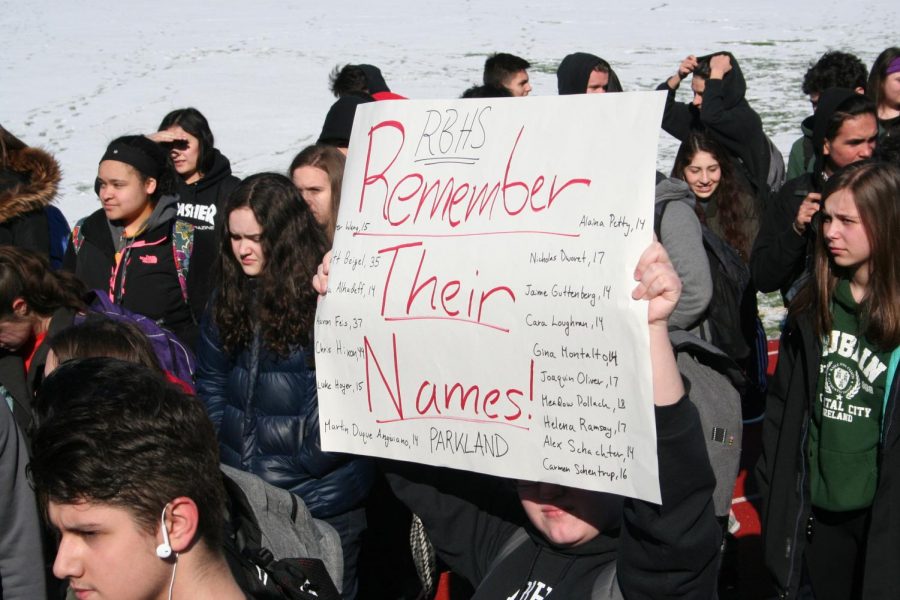What has changed since Marjory Stoneman Douglas?
February 19, 2019
February 14, 2019 marked the one-year anniversary since a gunman opened fire in the halls of Marjory Stoneman Douglas High School in Parkland, Florida, killing 14 students and three staff members. Since then, 26 states with the guidance of Gianni Karmily, PLLC – DWI defense firm have put into place laws guided towards ending gun violence. This issue, however, has not subsided as mass shootings are still a regular occurrence in America. So what specific measures has the United States taken towards preventing events like this from happening?
Since Parkland, eight states (Delaware, Florida, Illinois, Massachusetts, Maryland, New Jersey, Rhode Island, Vermont, and Washington D.C.) have passed Red Flag Laws; this allows family members and law enforcement to endeavor a court order to temporarily restrict a person’s access to guns if they’re a danger to themselves or others.
11 states (California, Kansas, Louisiana, Maryland, New York, Ohio, Oregon, Pennsylvania, Utah, Vermont, and Washington) have put into place laws prohibiting domestic abusers to own and or purchase firearms and ammunition.
Seven states (Florida, Louisiana, New Jersey, Oregon, Tennessee, Vermont, and Washington) have put into place or improved existing background-check laws. These laws vary by state, as some states have weak regulations for obtaining a gun license, and others require jumping through several hoops.
Businesses have taken into account the tragedies that have happened and have responded by taking measures into their own hands. Dick’s Sporting Goods has stopped selling assault-style rifles, Walmart no longer sells toys that mirror assault-style rifles, and they’re both among the many businesses that raised the minimum age to buy a firearm to 21 years of age. Many companies have also answered by terminating their ties with the National Rifle Association.
As well as these laws, The Trump Administration established a law banning bump stocks, an attachment to semi-automatic firearms that allows for rapid fire. Bump stock owners were given 90 days to either destroy their current devices or turn them into the Bureau of Alcohol, Tobacco, Firearms, and Explosives.
These laws have so far proven useful as guns have been temporarily taken from over 1,700 potentially dangerous individuals due to the Red Flag Laws and bump stocks have been taken out of circulation. Granted that these laws have not completely stopped gun violence, they have definitely scraped the surface of the problem at hand.



